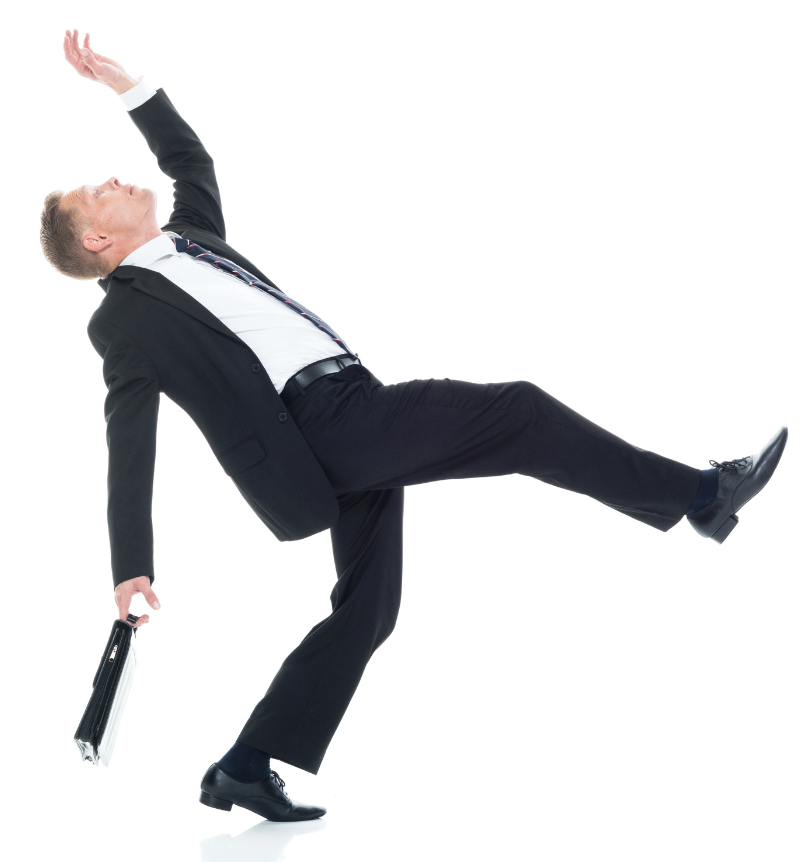ECAB Ruling: Specialist Fell in Performance of Duty on ‘Premises’
 By Frank Ferreri, May 13, 2024
By Frank Ferreri, May 13, 2024
The Employees’ Compensation Appeals Board could have helped me and, more importantly, FELTG newsletter readers if it had published a recent decision ahead of the publication of the April issue’s “going & coming” rule story.
Not to worry, though, here’s what happened in A.S. and Department of Homeland Security, Transportation Safety Administration, No. 21–1143 (ECAB March 21, 2024), a premises rule case involving a worker’s stumble in an employee parking lot on his way in to work.
A TSA specialist filed a CA-1, alleging he fractured his left arm in the performance of duty. According to the specialist, he tripped and fell in the lot on his way to work. The agency controverted the claim, asserting the specialist was injured before his shift began. OWCP agreed and denied the claim based on its analysis that the parking garage was not part of the agency’s premises.
Under the Federal Employees’ Compensation Act (FECA), the injury must be sustained in the performance of duty, and any disability or medical condition for which compensation is claimed must be causally related to the employment injury.
If an employee has fixed hours and place of work, injuries that occur on the employer’s premises while going to or coming from work, before or after working hours, or at lunchtime are compensable. This is the premises rule. It is applied to cases where it is affirmatively demonstrated that the employing establishment owned, maintained, or controlled the parking facility, used the facility with the owner’s special permission, or provided parking for its employees.
Even if an agency does not own or control the place of injury, the place may still be considered part of the “premises.” ECAB and courts will make the determination on a case-by-case basis.
ECAB uses these factors to determine if a parking area is part of an agency’s “premises:”
- Whether the agency contracted for exclusive use of the parking area for its employees.
- Whether parking spaces were assigned by the agency to employees.
- Whether the parking areas were checked for unauthorized cars.
- Whether parking was provided without cost to employees.
- Whether the public was permitted to use the garage.
- Whether other parking was available to employees.
The specialist met his burden of proof to establish the trip and fall occurred in the performance of duty, according to ECAB. It found the lot was the agency’s “constructive premises” because:
- The agency arranged for the use of the lot and provided subsidies for its employees to park there.
- The lot was restricted to employees. The public did not have access.
- The specialist was responsible for displaying a parking pass, and the area was routinely monitored for compliance.
- The agency paid a monthly fee for the specialist to park in the lot, and he was entitled to one unreserved space there.
- The CBA confirmed the agency had determined that providing full parking subsidies for its bargaining unit employees at their airport duty station was necessary to attract and retain qualified security screening personnel and to avoid significant impairment of its operating efficiency at the nation’s airports.
ECAB also explained that the specialist was engaged in activities that may be described as incidental to his employment because he had fixed hours and a fixed place of employment. The fall occurred at 12:35 pm in advance of his 1 pm shift.
ECAB sent the case back to OWCP to analyze and develop the medical evidence in determining what, if any, benefits were due to the specialist.
The takeaway: To get to his job, the specialist parked where the agency designated for him to park and paid for him to do so. If it’s something that the agency requires or makes available so that a worker can get to her job, chances are it will be within the scope of the “premises rule.” info@FELTG.com

